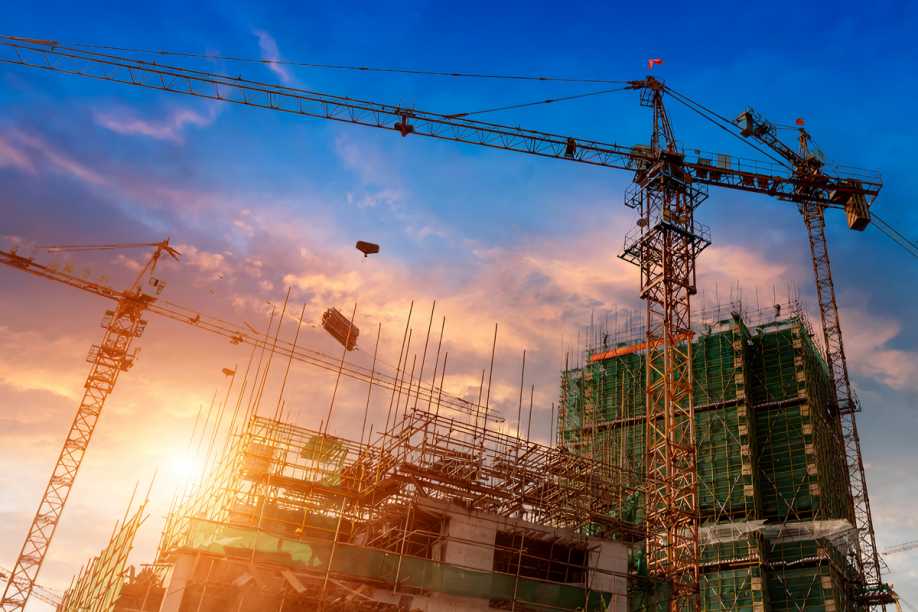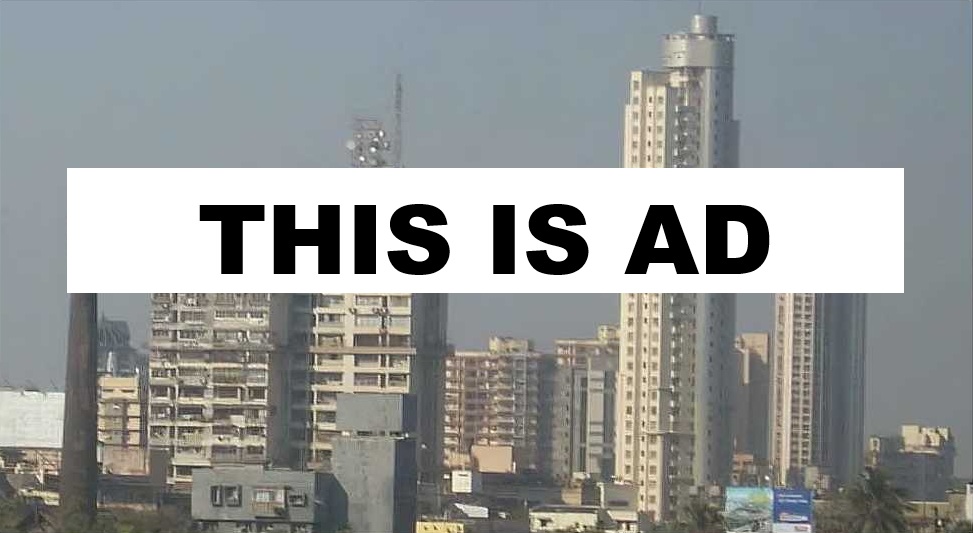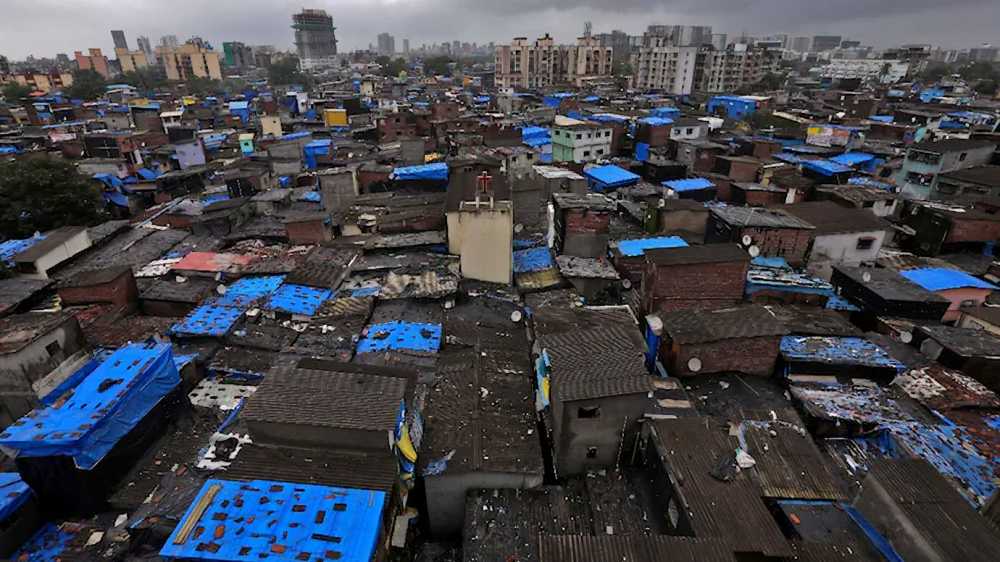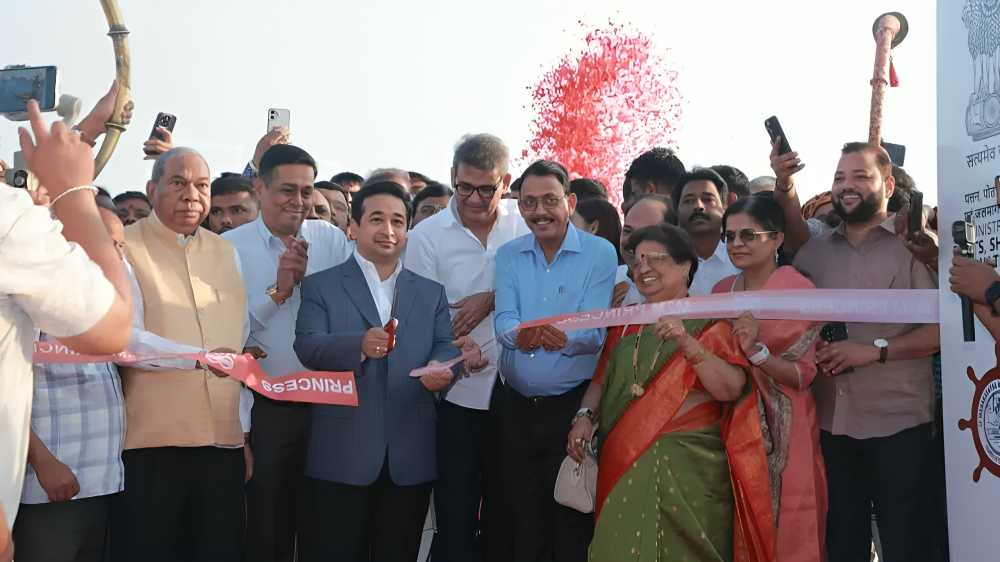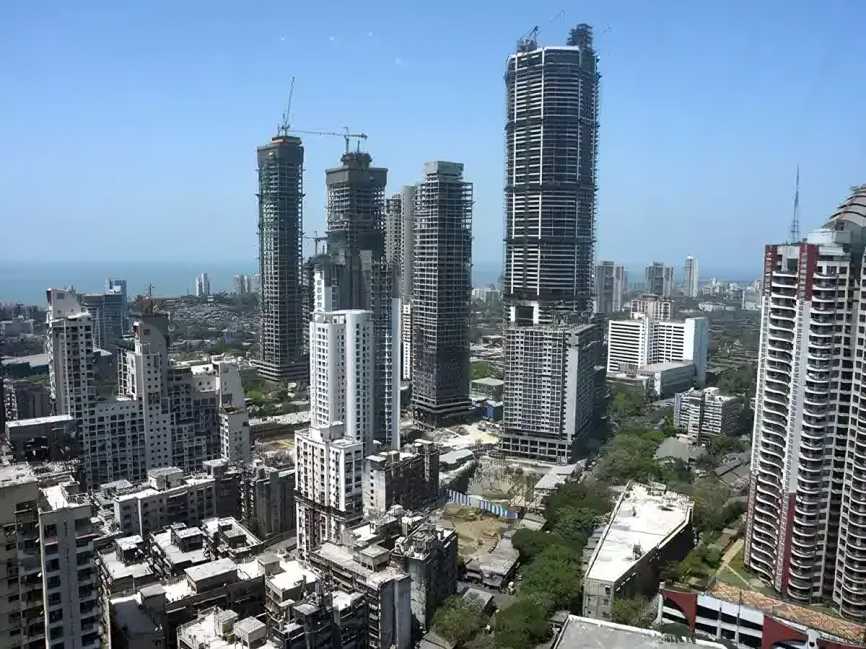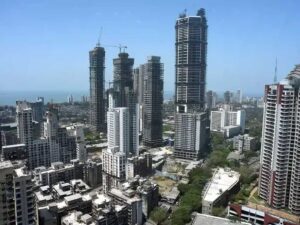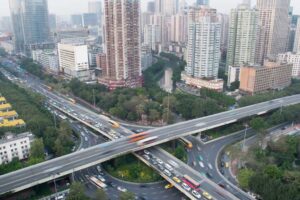October 16, 2025: Construction dust management in Mumbai is taking a technological leap as authorities tighten monitoring standards to safeguard public health. The Brihanmumbai Municipal Corporation (BMC) now mandates sensor-based air quality monitors and real-time LED displays at all construction sites to promote transparency and regulatory compliance. Contractors are required to adopt solutions that meet these standards without disrupting ongoing operations.
One such solution, Oizom’s AQBot PM, a BMC-approved system, provides real-time monitoring of PM2.5 and PM10 levels even in high-dust, rugged construction environments. Data from the sensors is linked to the BMC’s Command and Control Center and displayed on on-site LED screens, enabling teams to maintain compliance and inform stakeholders effectively.
A key feature of AQBot PM is its automation capability. With built-in relay outputs, the system can automatically activate dust suppression equipment whenever pollution levels exceed safe limits. This ensures immediate corrective action, reducing non-compliance risks and maintaining safe working conditions without constant manual intervention.
The solution is already deployed at over 300 sites across India and is used by more than 100 construction groups, including ready-mix concrete plants, quarries, and major infrastructure projects. Its adoption in Mumbai has surged following the BMC mandate, reflecting a broader shift toward smart environmental monitoring technologies.
Technically, AQBot PM employs laser-based OPC technology for rapid, precise readings and features 16GB of onboard memory with multi-protocol connectivity. Its software, Envizom, offers interactive dashboards, historical trends, real-time alerts, and compliance-ready reports.
Samarpit Garg, VP of Sales at Oizom, emphasized, “AQBot PM not only measures air quality but also ensures safe, compliant, and uninterrupted work at construction sites.” Each device is pre-calibrated at Oizom’s facility and verified by ATIRA, a NABL-accredited laboratory under ISO/IEC 17025:2017 standards, ensuring plug-and-play installation and regulatory compliance from day one.
Source: Prop News Time




